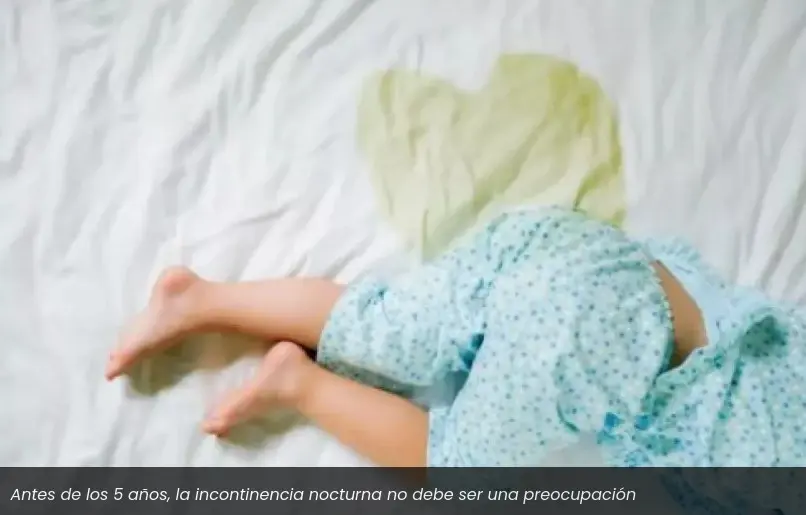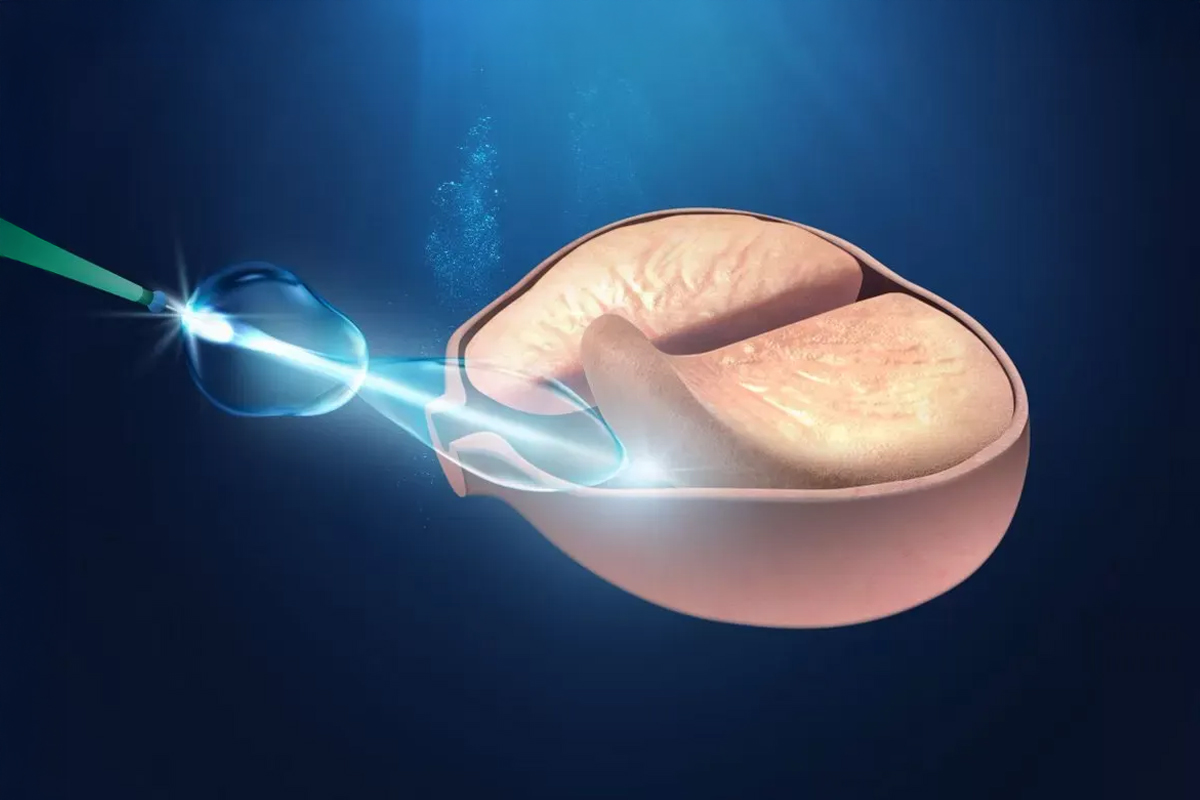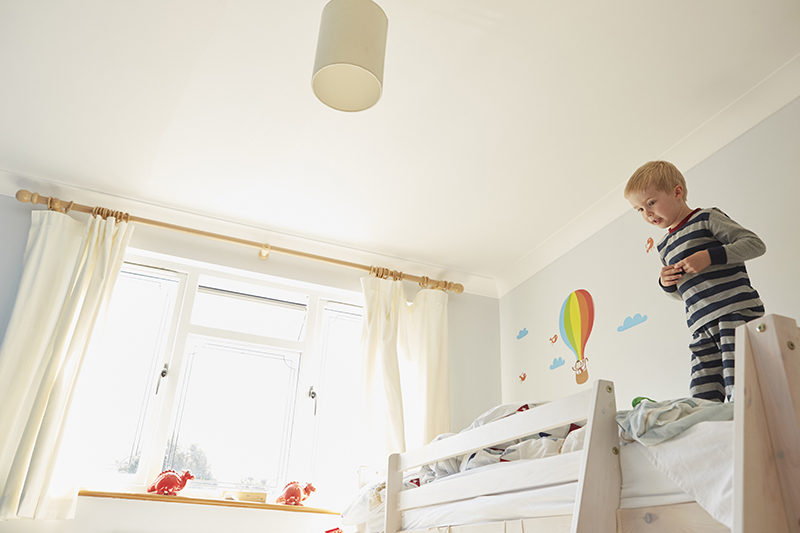Note Dr. Cristian Sager, doctor urologist child, explains why the night wetting before age 5 should not be a concern
¿Qué es la enuresis nocturna?
La enuresis nocturna, también conocida como incontinencia urinaria nocturna, es la micción involuntaria durante el sueño en niños que ya deberían tener control sobre su vejiga.
¿Cuándo preocuparse?
Según el Dr. Cristian Sager, urólogo infantil del Centro Argentino de Urología, antes de los cinco años no debe ser motivo de preocupación, ya que el control nocturno de la vejiga aún se está desarrollando. Sin embargo, entre los 5 y 7 años algunos niños pueden seguir mojando la cama, y después de los 7 años un pequeño grupo continúa con este problema.
Tipos y causas de enuresis nocturna
La enuresis monosintomática, que no presenta síntomas diurnos, es más común en varones y suele corregirse sola. Aun así, algunos casos pueden requerir intervención médica.
Existen varios factores que pueden influir en esta condición:
- Vejiga pequeña
- Sueño profundo
- Secreción insuficiente de hormona antidiurética
- Constipación crónica (ya que intestino y vejiga comparten conexiones nerviosas)
- Apneas del sueño
- Infecciones urinarias
- Condiciones médicas como la diabetes
- Problemas psicológicos: ansiedad, TDAH o trauma emocional
Consecuencias emocionales y sociales
El impacto social y emocional de la enuresis puede ser significativo. Puede generar vergüenza, aislamiento y dificultades para participar en actividades como campamentos o pijamadas.
Es importante aclarar que no se trata de un problema de conducta, ni de una única causa o tratamiento universal.
¿Cómo se trata la enuresis nocturna?
El abordaje puede incluir:
- Seguimiento de hábitos miccionales y de defecación
- Hidratación adecuada
- Reducción del consumo de líquidos por la noche
- Dieta balanceada
- Establecer rutinas regulares para ir al baño
Con el apoyo médico adecuado, la mayoría de los casos pueden mejorar notablemente sin necesidad de intervenciones invasivas.
Read full article:







